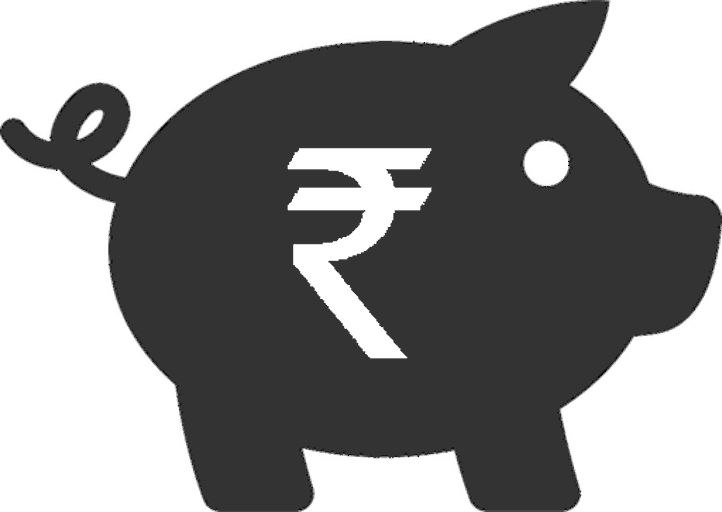Last Updated on October 16, 2019 by Gopal Gidwani
Our generation has seen an advancement that is the biggest of its kind in the technology-enabled healthcare sector. With the increase in demand backed by the rise in awareness, it is expected that the healthcare market in India will reach the US $ 372 billion by the year 2022. The Government of India also runs the largest funded healthcare scheme in the name of Ayushman Bharat. When there is so much of hue and cry, we should understand health insurance properly.
What is Health Insurance?
A health insurance is a policy that pays for you when you are hospitalized due to an illness or injury.
The relevance of health insurance
- The cost of healthcare facilities is increasing.
- An insurance company can negotiate with doctors and hospitals to get the fees lower.
- The government of India is also taking initiative under the Pradhan Mantri Jan Arogya Yojana to cover 500 million beneficiaries.
Types of health policies
In India, you can have two types of health insurance policies:
- Indemnity Plans: These will reimburse you the cost of medical expenses.
- Defined-Benefit Plans: Such plans will pay you a stipulated amount on an insured event.
Under the Indemnity Plans you can further choose from:
- Mediclaim Insurance: It covers your hospitalization expenses incurred due to illness or accident. Different types of medical policies available in the market are Group Mediclaim, Overseas Mediclaim, and Individual Mediclaim. Under this type of policy, in-patient charges like nursing charges, doctor’s fees, oxygen, anaesthesia, and others.
- Individual Insurance: It means that you can seek benefits under the policy up to the sum insured. As the name suggests, the policy covers one individual. You can purchase individual insurance for self or spouse or dependent children or dependent parents.
- Family Floater: In this health insurance plan for family, the sum insured in a single policy floats to all the members. This plan works on the assumption that all the family members are not going to fall sick at once.
- Group Mediclaim: It is the health policy that employers offer to employees in large scale enterprises.
Under the Defined-Benefit Plans
- Hospital Daily Cash Benefits Plan: If you take this policy, the insured is paid with a daily cash allowance up to a certain limit.
- Personal Accident Plan: This policy covers the owner/driver against accidental injury or death.
- Critical Illness Plan: It is a plan to treat certain specific diseases like an organ transplant, cancer, stroke, kidney failure, paralysis, first heart attack, multiple sclerosis, by-pass surgery etc. The policy mentions the critical illnesses covered and related terms and conditions.
Different Terms in Health Insurance
You should know in detail about Health Insurance terms and conditions. Here we will de-jargonize the health insurance for you.
- Sum Insured: Sum Insured refers to the limit of cover under the policy up to which you can seek hospitalization benefit in case there arises any claim.
- Add-Ons: To extend the basic cover to enhance the health coverage you can buy add-ons like Critical Illness, Maternity Cover, Hospital Daily Cash and others.
- Accidental Hospitalization: Accidental Hospitalization refers to the urgent healthcare assistance you need for bodily injuries and disabilities after an accident.
- OPD Benefit: OPD benefit is to enable you to claim the doctor’s consultation fees, pharmacy, and health check-up bills up to the pre-defined limits.
- Restoration: Restoration means to reinstate the entire Sum Insured under the policy when it gets exhausted in one policy period before the end of policy tenure.
- Home (domiciliary) Hospitalisation: Domiciliary Hospitalization refers to the treatment you take at home which in normal course would be taken at a Hospital.
- Pre-existing conditions: Pre-Existing Condition is the illness you suffer with before taking the health policy. For example diabetes.
- Waiting Period: To get the complete coverage under the policy, you have to pass a period in which some or a few diseases are not covered. You need to wait for this time for the coverage to begin.
- Cashless claims: A cashless claim is when your insurance company settles all your bills on your behalf. It will cover the amount you spend on hospitalization.
- Reimbursement claims: Reimbursement claims imply that you first settle the hospital bill from your pocket. The insurance company will pay back to you later on submission of bills and other required documents.
- Network Hospital: These Network Hospitals are healthcare centres that work in tandem with the insurance company to deliver a wide range of services to you.

